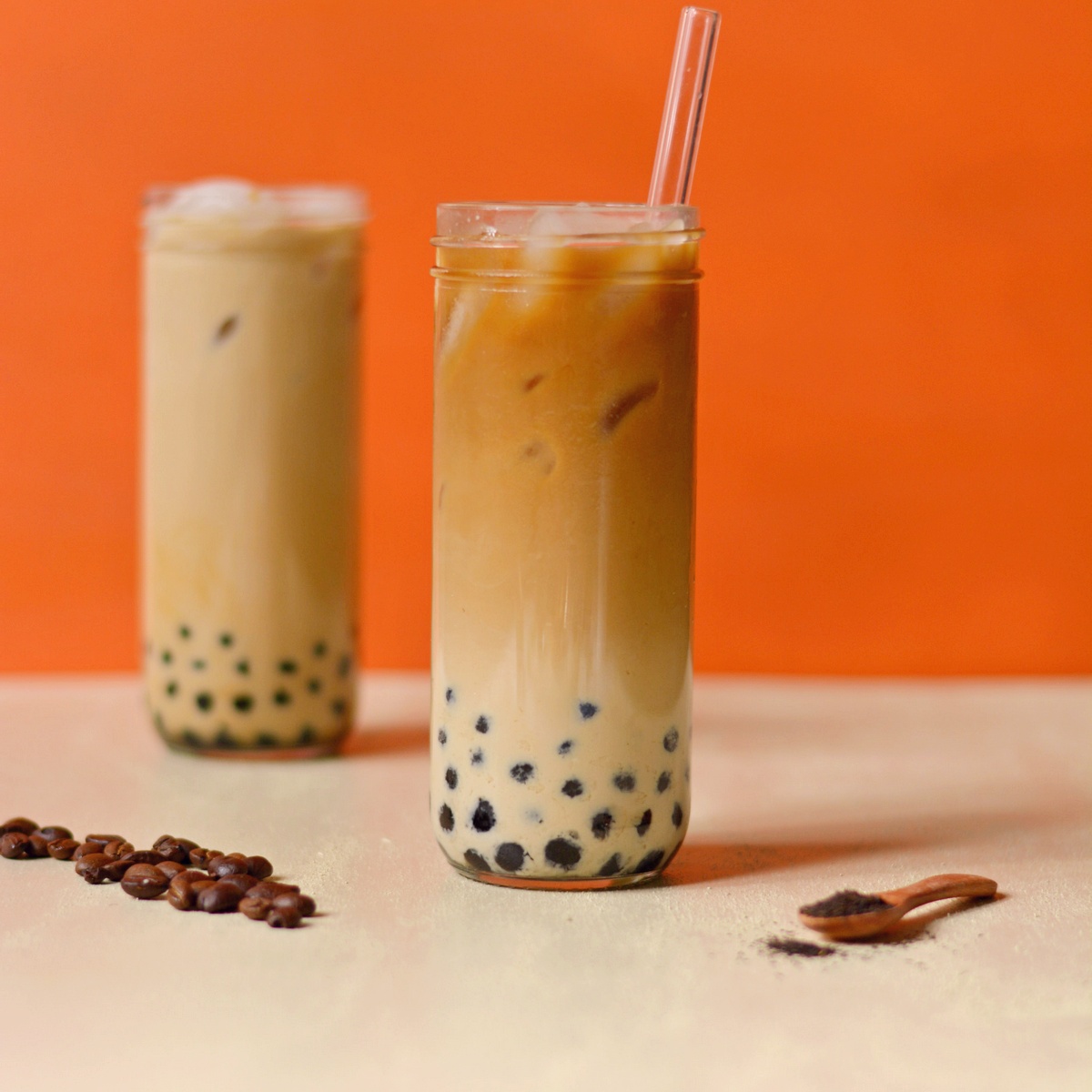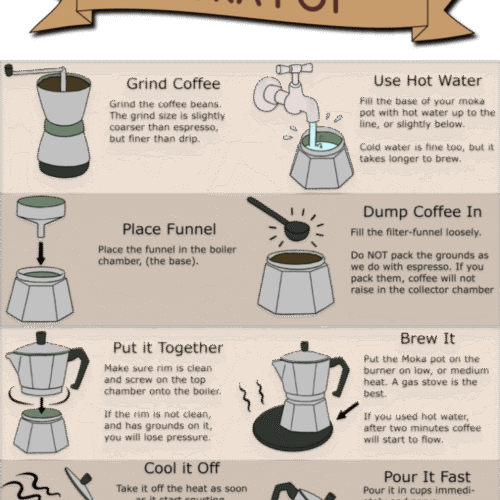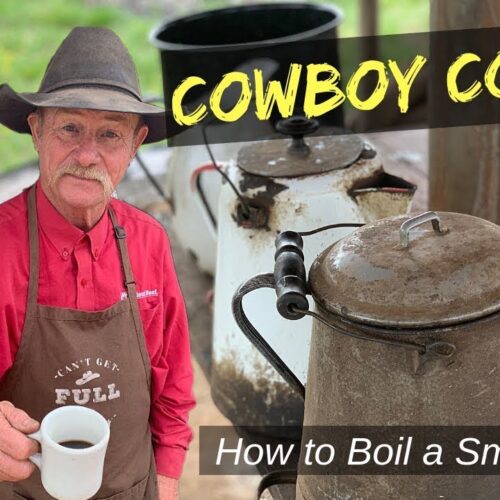Bubble tea usually contains caffeine, but the amount may vary depending on the type of tea used.
Bubble Tea Composition And Caffeine Content
Bubble tea composition varies depending on the type of tea used, but most bubble teas contain caffeine. However, bubble teas made with herbal tea are caffeine-free, while fruit bubble teas have a lower caffeine content compared to black Assam tea.
The Ingredients In Bubble Tea
Bubble tea, also known as boba tea, is a popular and refreshing beverage that originated in Taiwan. Its unique flavor and texture come from a combination of various ingredients, including tea, milk, flavorings, and tapioca pearls. Understanding the composition of bubble tea is important when determining its caffeine content.
Here are some common ingredients found in bubble tea:
- Tea: Bubble tea is typically made with black tea, green tea, or oolong tea. These teas are known for their caffeine content, which contributes to the overall caffeine levels in bubble tea.
- Milk: Many varieties of bubble tea include milk or creamer, which adds a creamy and smooth texture to the drink. The type of milk used can vary, including dairy milk, non-dairy alternatives like almond milk or soy milk.
- Flavorings: Bubble tea is often flavored with syrups or powders to enhance its taste. Popular flavors include taro, matcha, mango, passion fruit, and many more. These flavorings may or may not contribute to the caffeine content, depending on their ingredients.
- Tapioca pearls: One of the defining features of bubble tea is the tapioca pearls, also known as boba. These chewy and sweet pearls are made from tapioca starch and do not contain caffeine.
The Role Of Tea In Bubble Tea
Tea plays a significant role in the creation of bubble tea. It not only provides the base flavor but also contributes to the caffeine content of the beverage.
Caffeine is a natural stimulant found in tea leaves. The degree of caffeine content in bubble tea depends on the type of tea used and how it is brewed or steeped. Generally, black tea has a higher caffeine content compared to green or oolong tea.
Understanding Caffeine In Tea
Caffeine is a compound found in many plants, including tea leaves. It acts as a stimulant, providing a temporary energy boost and increasing alertness. However, it’s essential to know that the caffeine content in tea is not the same for every cup.
The caffeine content in tea can vary based on several factors:
- The type of tea: As mentioned earlier, the type of tea used in bubble tea can influence its caffeine levels. Black tea typically contains the highest amount of caffeine, followed by green tea and oolong tea.
- The steeping time: The longer the tea is steeped, the more caffeine can be extracted. Steeping tea for a shorter period or using cooler water temperature can result in lower caffeine levels.
- The serving size: The amount of tea used and the ratio of tea to other ingredients in bubble tea can impact the overall caffeine content. Larger serving sizes may contain higher amounts of caffeine.
It’s important to note that caffeine affects individuals differently. Some people may be more sensitive to its effects, while others may be more tolerant. If you are concerned about your caffeine intake, you can choose to enjoy bubble tea varieties that use herbal tea or caffeine-free flavorings.

Credit: joytothefood.com
Caffeine Levels In Different Bubble Tea Varieties
Bubble teas made with herbal tea are entirely caffeine-free as they are not made from tea leaves. However, bubble teas made with black Assam tea, which is commonly used, do contain caffeine, albeit in a lower quantity compared to traditional tea.
Analysis Of Different Bubble Tea Flavors
Bubble tea is a popular beverage that originated in Taiwan and is now enjoyed by people all over the world. One of the main factors that make bubble tea so appealing is the wide variety of flavors it comes in. From fruit-based options like passion fruit and mango to more traditional flavors like matcha and black tea, there is a bubble tea flavor to suit every palate.
Comparing Caffeine Levels In Popular Bubble Tea Options
When it comes to caffeine content, not all bubble tea flavors are created equal. The amount of caffeine in each variety can vary depending on the base tea used and the brewing process.
| Bubble Tea Flavor | Caffeine Level |
|---|---|
| Fruit-based bubble teas | Low |
| Matcha bubble tea | Medium |
| Black tea bubble tea | High |
Fruit-based bubble teas, like those made with passion fruit or mango, typically have a lower caffeine content as they are not made from tea leaves. Instead, these flavors rely on fruit syrups for their taste. On the other hand, matcha bubble tea has a medium caffeine level, as matcha is derived from green tea leaves.
Black tea bubble tea, which is one of the most popular flavors, has a higher caffeine content compared to other varieties. This is because black tea is typically used as the base, and black tea is known to have higher caffeine levels than green or oolong tea.
Which Bubble Tea Varieties Contain The Most Caffeine?
If you’re looking for a bubble tea flavor with a high caffeine content, you’re in luck. Black tea bubble tea is the top choice for caffeine enthusiasts. With its bold flavor and energizing properties, black tea bubble tea is perfect for those who need a pick-me-up throughout the day.
However, it’s important to note that the caffeine content in bubble tea can vary depending on the tea-to-water ratio and the brewing time. If you prefer a milder caffeine kick, you can always ask for a shorter brewing time or a smaller amount of tea in your drink.
In conclusion, when it comes to caffeine levels in different bubble tea varieties, it’s important to consider the base tea and the brewing process. Fruit-based bubble teas generally have a lower caffeine content, while matcha and black tea bubble teas tend to have medium to high caffeine levels. Ultimately, the choice of bubble tea flavor depends on your personal taste preferences and caffeine sensitivity.
Factors Affecting Caffeine Content In Bubble Tea
Bubble tea typically contains caffeine, with levels varying depending on factors such as the type of tea used and the brewing process. While herbal bubble teas are caffeine-free, those made with black or green tea will have some caffeine content, although usually lower than a typical cup of black tea.
Tea Type And Caffeine Levels
One of the main factors influencing the caffeine content in bubble tea is the type of tea used as a base. Black tea, which is commonly used in bubble tea recipes, generally has higher caffeine levels compared to other types of tea such as green or oolong tea. This is because black tea leaves go through extensive oxidation, resulting in a higher caffeine concentration.
Steeping Time And Caffeine Extraction
The duration of the steeping process also plays a role in the caffeine content of bubble tea. The longer the tea leaves are steeped in hot water, the more caffeine is extracted. It’s important to note that different bubble tea shops may have varying steeping times, which can result in varying caffeine levels in their drinks.
The Impact Of Bubble Tea Add-ons On Caffeine Content
Aside from the tea itself, the addition of various ingredients and flavorings in bubble tea can also affect its caffeine content. For example, fruit syrups used in fruit-flavored bubble teas may contain trace amounts of caffeine, albeit in significantly lower quantities compared to teas made from tea leaves. However, it’s crucial to consider the type and amount of add-ons used when assessing the overall caffeine content of a bubble tea beverage.
Overall, the caffeine content in bubble tea can vary depending on several factors. From the type of tea used as a base to the steeping time and the addition of different flavorings, each element contributes to the final caffeine concentration in a bubble tea drink. It’s always a good idea to inquire with the bubble tea shop about their specific preparation methods and ingredients to get a better understanding of the caffeine levels in their offerings.
Caffeine Content In Fruit-based Bubble Teas
Fruit-based bubble teas do contain caffeine, although in lower quantities compared to traditional black tea-based bubble teas. However, bubble teas made with herbal tea are entirely caffeine-free.
Exploring Caffeine Levels In Fruit Bubble Tea Flavors
If you’re a fan of bubble tea but trying to avoid or reduce your caffeine intake, fruit-based bubble teas may be the perfect alternative for you. While traditional bubble teas made with tea leaves do contain caffeine, fruit bubble teas offer a much lower caffeine content. Let’s take a closer look at the caffeine levels in fruit bubble tea flavors.
How Does Caffeine Content Compare To Tea-based Bubble Teas?
When comparing fruit bubble teas to tea-based bubble teas, it’s important to note that the caffeine content in fruit bubble teas is significantly lower. Tea-based bubble teas, such as those made with black Assam tea, often have higher levels of caffeine. On the other hand, fruit bubble teas are primarily made with fruit syrup and do contain some caffeine, but at a much reduced quantity compared to tea-based options.
To put it into perspective, a typical cup of black tea contains around 47-50 mg of caffeine, while a fruit bubble tea may have about half or even less than that amount. This makes fruit bubble teas a great choice for those looking to enjoy a refreshing and flavorful beverage without the effects of too much caffeine.
Identifying Caffeine-free Options In Fruit Bubble Tea
If you’re specifically looking for caffeine-free options in fruit bubble tea, it’s important to note that not all fruit bubble teas are completely caffeine-free. While they do have lower caffeine levels compared to tea-based bubble teas, some fruit syrups or flavorings may still contain trace amounts of caffeine.
To ensure you’re getting a caffeine-free fruit bubble tea, it’s best to opt for flavors that are specifically labeled as herbal or caffeine-free. These variations are made without any tea leaves, resulting in a truly caffeine-free experience.
Some popular caffeine-free fruit bubble tea flavors include:
– Strawberry: Indulge in the sweet and juicy flavors of strawberries without any caffeine content.
– Mango: Enjoy the tropical goodness of mangoes in a caffeine-free bubble tea.
– Passion fruit: Experience the tangy and refreshing taste of passion fruit without the buzz of caffeine.
By choosing these caffeine-free options, you can still enjoy the vibrant and delightful flavors of fruit bubble tea without worrying about any caffeine-related effects.
In conclusion, fruit-based bubble teas offer a lower caffeine content compared to tea-based options. While they do contain some caffeine, it is significantly less than what you would find in traditional bubble teas made with tea leaves. For those seeking a caffeine-free beverage, it’s important to choose flavors specifically labeled as herbal or caffeine-free. So go ahead, indulge in a delicious fruit bubble tea, and savor the flavors without the buzz of caffeine.
Bubble Tea’s Effects On Energy And Sleep
When it comes to popular drinks, bubble tea has certainly taken the world by storm. With its unique flavors and chewy tapioca pearls, it has become a favorite among many. However, one question that often comes up is whether or not bubble tea contains caffeine and if it has any effects on energy levels and sleep.
The Stimulating Effects Of Bubble Tea
Bubble tea is typically made with a tea base, which means it often contains caffeine. The level of caffeine in bubble tea can vary depending on the type of tea used and the steeping length. Black teas, which are commonly used for bubble tea, tend to have higher caffeine levels compared to green or oolong teas.
Drinking bubble tea with caffeine can provide a stimulating effect on the body. Caffeine is a natural stimulant that can increase alertness and focus. When consumed in moderate amounts, it may provide a much-needed energy boost during the day. However, it’s important to note that excessive consumption of caffeine can lead to negative effects such as jitters, anxiety, and sleep disturbances.
Does Bubble Tea Keep You Awake?
Due to the caffeine content found in bubble tea, it is possible that consuming it can keep you awake for longer periods. The caffeine in bubble tea can help combat sleepiness and make you feel more alert and awake. This can be particularly beneficial during those cold and dark winter mornings when you need an extra boost of energy to start your day.
However, it’s important to be aware of your caffeine sensitivity and to moderate your bubble tea consumption accordingly. Some individuals may be more sensitive to caffeine and may experience difficulties falling asleep or staying asleep if they consume bubble tea too close to bedtime.
Moderating Bubble Tea Consumption For Better Sleep
If you enjoy drinking bubble tea but want to ensure a good night’s sleep, there are a few strategies you can follow. Consider these tips:
- Avoid consuming bubble tea with caffeine close to bedtime to prevent sleep disturbances. Aim to enjoy your bubble tea earlier in the day, allowing your body enough time to metabolize the caffeine.
- Opt for bubble teas made with herbal tea or fruit flavors, as they are typically caffeine-free. These alternatives can still provide a refreshing and flavorful experience without the stimulating effects of caffeine.
- Be mindful of your overall caffeine intake throughout the day. If you consume other caffeinated beverages or foods, it’s important to take that into consideration when enjoying bubble tea.
By moderating your bubble tea consumption and being aware of your caffeine sensitivity, you can enjoy this beloved drink while still promoting better sleep hygiene.
Frequently Asked Questions For Does Bubble Tea Have Caffeine
How Much Caffeine Does Bubble Tea Have?
Bubble tea typically contains caffeine, but the amount varies depending on the type of tea used. Black tea, commonly used in bubble tea, has higher caffeine levels compared to green or oolong tea. However, bubble teas made with herbal tea are caffeine-free.
Which Bubble Tea Has No Caffeine?
Bubble teas made with herbal tea are caffeine-free, while fruit bubble teas contain a lower amount of caffeine than black Assam tea.
Does Bubble Tea Keep You Awake?
Bubble tea contains caffeine, which can provide a burst of energy and help keep you awake. However, the caffeine content varies depending on the type of tea used. Fruit bubble teas have a lower caffeine quantity compared to those made with black Assam tea.
How Much Caffeine Is In Classic Bubble Tea?
Classic bubble tea contains caffeine, but the amount may vary depending on the type of tea used and how it is brewed.
Conclusion
Bubble tea can contain caffeine, but the amount varies depending on the type of tea used. Black tea, commonly used in bubble tea, tends to have higher caffeine levels compared to green or herbal teas. However, bubble teas made with herbal or fruit tea are caffeine-free.
So, if you’re looking to avoid caffeine, opt for fruit-based bubble teas. Keep in mind that the caffeine content in bubble tea can give you a much-needed energy boost, making it a perfect choice for those cold mornings. Enjoy your bubble tea responsibly and savor the delicious flavors it offers.








